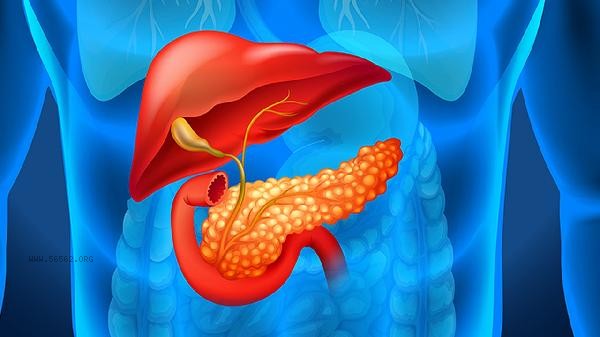Total cholesterol of 6.58mmol/L is mildly elevated and may be caused by improper diet, lack of exercise, obesity, genetic factors, or hypothyroidism. Mild cholesterol elevation can be improved by adjusting lifestyle, and long-term uncontrolled exposure may increase the risk of arteriosclerosis, coronary heart disease, and other conditions.

1. Improper diet:
A high cholesterol diet is a common cause, as animal organs, egg yolks, butter, and other foods are rich in saturated fatty acids and cholesterol. Long term excessive intake can exceed the liver's metabolic capacity. It is recommended to replace some red meat with unsaturated fatty acids such as deep-sea fish and nuts, and control daily cholesterol intake below 300mg.
2. Lack of exercise:
Insufficient exercise can lead to a decrease in high-density lipoprotein levels, affecting cholesterol transport efficiency. Engaging in 150 minutes of moderate intensity aerobic exercise such as brisk walking and swimming per week can increase high-density lipoprotein by 10% -15% and promote low-density lipoprotein metabolism.
3. Obesity factors: When the body mass index exceeds 28, visceral fat will secrete inflammatory factors that interfere with lipid metabolism. Men with waist circumference ≥ 90cm and women with waist circumference ≥ 85cm should be cautious. Losing 5% -10% can reduce total cholesterol by 8-15%.

4. Genetic predisposition:
Familial hypercholesterolemia patients may have abnormal LDL receptor function, which may lead to symptoms such as tendon xanthoma and early-onset coronary heart disease. For direct relatives with a history of early-onset cardiovascular and cerebrovascular diseases, genetic testing is recommended.
5. Disease impact:
Hypothyroidism can reduce the activity of liver LDL receptors, often accompanied by symptoms such as cold sensitivity and fatigue. Insulin resistance in diabetes can also lead to an increase in VLDL synthesis, which requires treatment of the primary disease.
Establish a low-fat diet pattern, control cooking oil at 25-30g per day, and prioritize choosing vegetable oils such as olive oil. Increase the intake of soluble dietary fiber rich foods such as oats and apples to aid in cholesterol excretion. Regularly engage in aerobic exercise combined with resistance training, quit smoking and limit alcohol consumption. The blood lipids should be rechecked every 3-6 months. If hypertension, diabetes or higher than 7.2mmol/L persist, statins should be considered under the guidance of doctors. Simultaneously monitor liver function, creatine kinase and other indicators, and be alert to adverse reactions such as rhabdomyolysis.










Comments (0)
Leave a Comment
No comments yet
Be the first to share your thoughts!